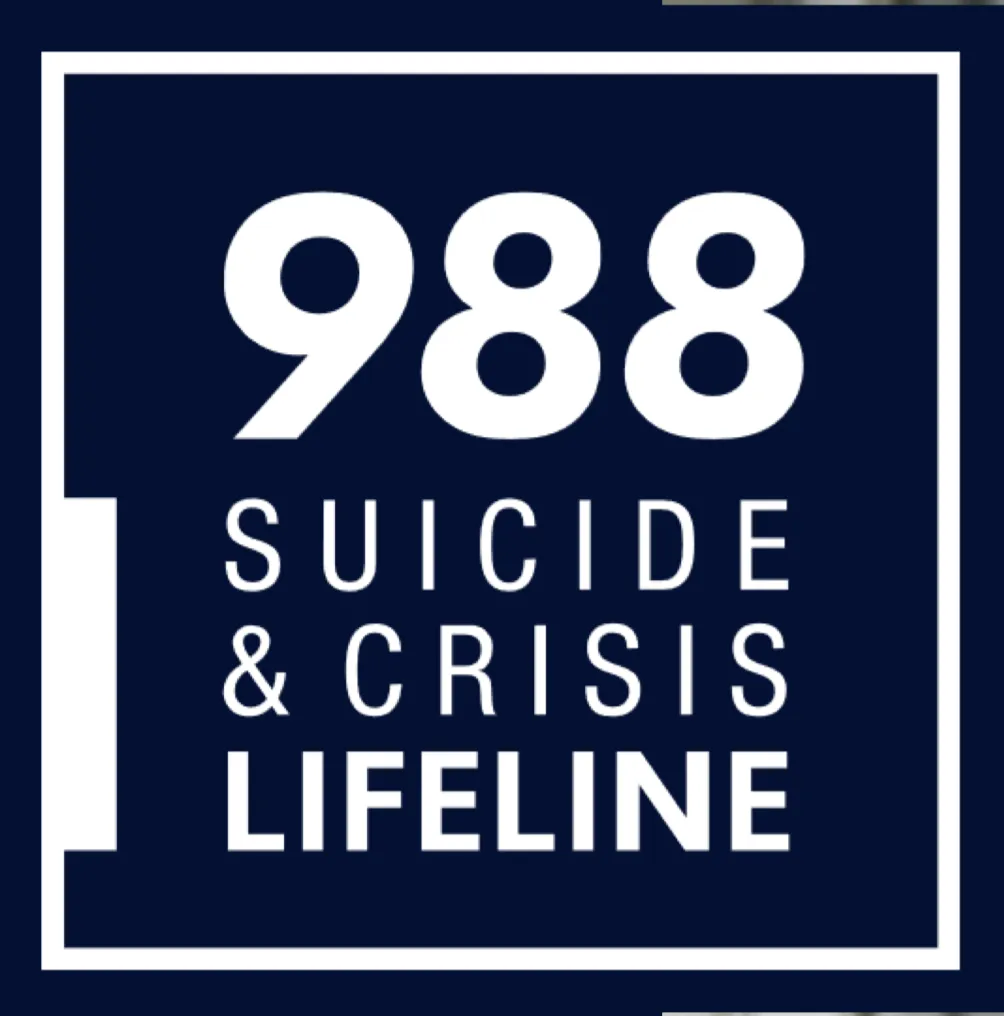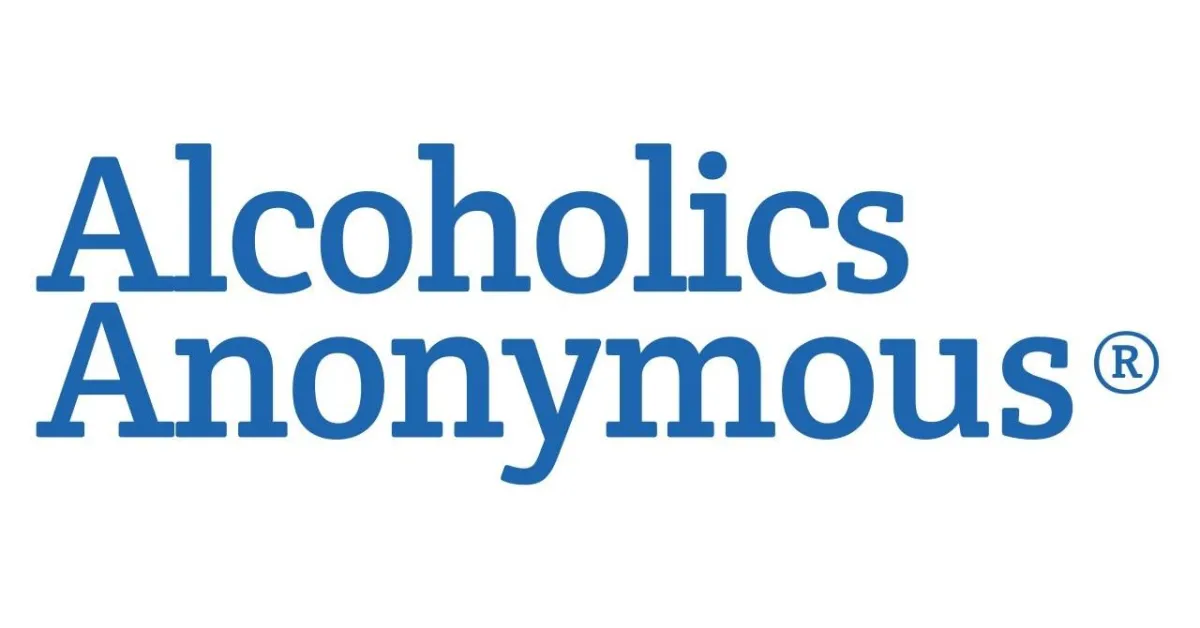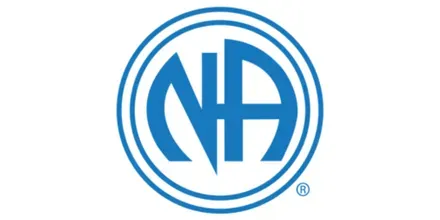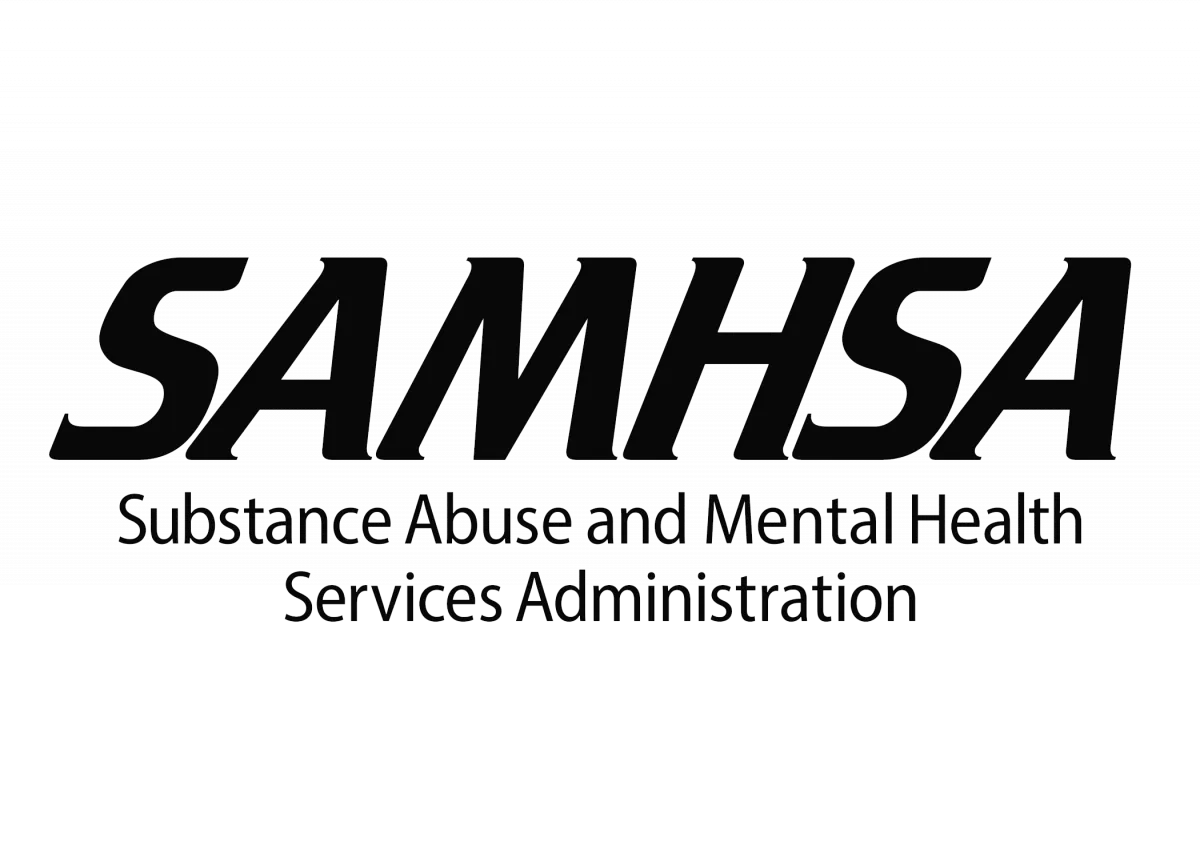FAQS
How does life coaching differ from therapy?
While both life coaching and therapy aim to support personal growth, they have distinct approaches. Therapy typically focuses on addressing past traumas, emotional healing, and diagnosing mental health conditions. On the other hand, life coaching is forward-focused, centered around setting and achieving goals, enhancing performance, and unlocking potential. If you're seeking to overcome specific challenges from your past, therapy might be more suitable. If you're looking to create a roadmap for personal or professional success, life coaching could be the right fit.
How often are coaching sessions conducted?
Coaching sessions frequency can vary based on your needs and preferences. Typically, we recommend starting with weekly sessions to establish momentum and make consistent progress. As you gain confidence and traction towards your goals, sessions might transition to bi-weekly or monthly. The flexibility of our approach ensures that the coaching frequency adapts to your evolving requirements, ensuring optimal support and accountability.
What if I'm unsure about my goals and direction?
It's completely normal to feel uncertain about your goals and direction. Our coaching process begins with an initial assessment where we'll work together to clarify your aspirations, values, and priorities. Through insightful questioning and exploration, we'll collaboratively uncover your passions and potential areas for growth. If you're not entirely sure about your goals, our coaching can help you gain clarity and chart a course that aligns with your authentic self. Remember, the journey towards clarity is an integral part of the coaching process itself.

If you or someone you know is struggling or in crisis. Help is available.
Call or text 988 Suicide & Crisis Lifeline or chat 988lifeline.org
Understanding Depression: Recognizing Symptoms and Exploring Treatment Options
In this video, we explore the common symptoms of depression, helping you recognize the signs in yourself or others. We also discuss effective treatment options, including therapy, medication, and lifestyle changes, to guide you towards a path of recovery and well-being.
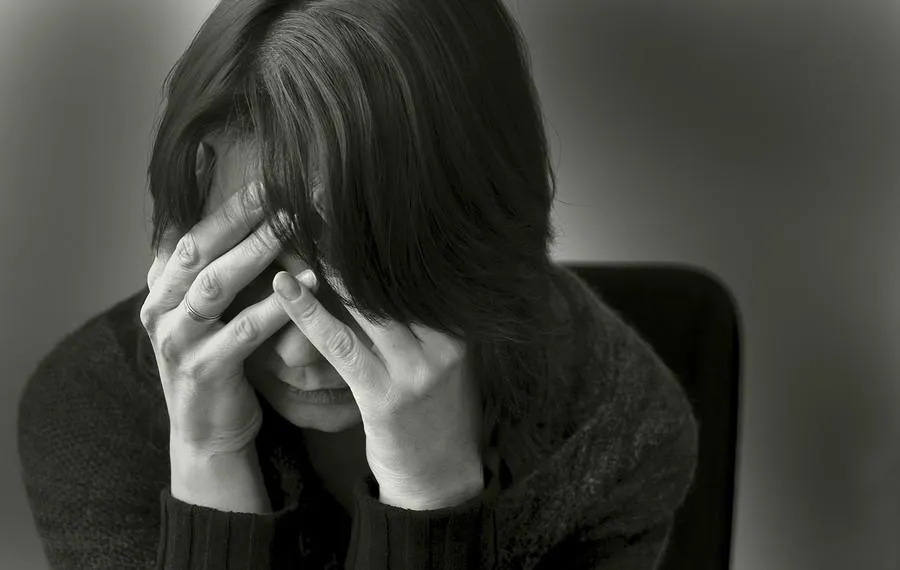
Depression
Depression is a common and serious medical illness that negatively affects how you feel, the way you think, and how you act. Characterized by persistent feelings of sadness, hopelessness, and a lack of interest or pleasure in previously enjoyed activities, depression can lead to a variety of emotional and physical problems. It can decrease a person's ability to function at work and home and may also be accompanied by symptoms such as changes in appetite, sleep disturbances, fatigue, difficulty concentrating, and thoughts of death or suicide. It is a complex condition influenced by a combination of genetic, biological, environmental, and psychological factors, and it often requires comprehensive treatment, including therapy, medication, and lifestyle changes.
Symptoms
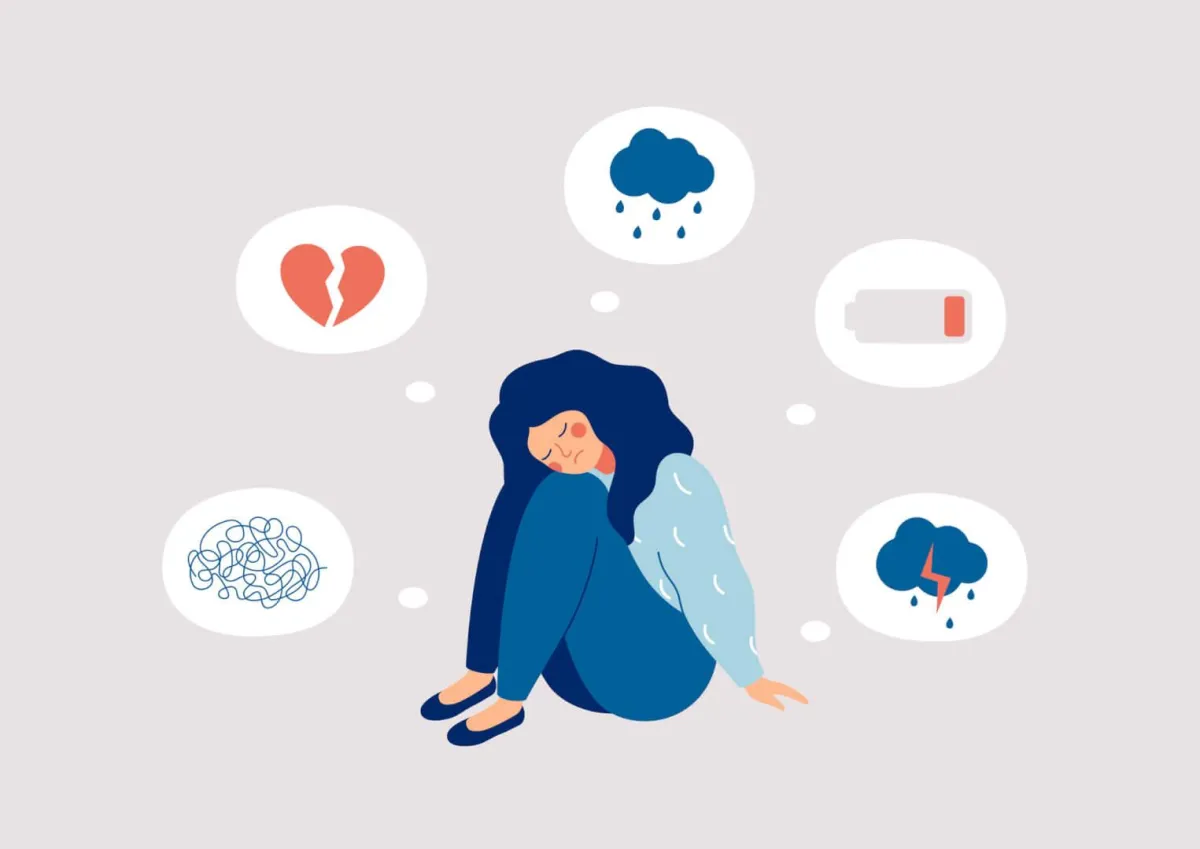
Symptoms of depression can vary widely but generally include:
1. Persistent Sadness: Continuous feelings of sadness, emptiness, or hopelessness.
2. Loss of Interest: A marked decrease in interest or pleasure in most or all activities, including hobbies and activities that were once enjoyed.
3. Changes in Appetite or Weight: Significant weight loss or gain, or changes in appetite not related to dieting.
4. Sleep Disturbances: Insomnia or excessive sleeping.
5. Fatigue: Persistent fatigue or lack of energy, making even small tasks seem difficult.
6. Feelings of Worthlessness or Guilt: Excessive or inappropriate feelings of worthlessness or guilt.
7. Difficulty Concentrating: Trouble thinking, concentrating, making decisions, or remembering things.
8. Physical Aches and Pains: Unexplained physical problems, such as back pain or headaches.
9. Psychomotor Agitation or Retardation: Restlessness or being slowed down in movement and speech.
10.Thoughts of Death or Suicide: Recurrent thoughts of death, suicidal ideation, or suicide attempts.
These symptoms cause significant distress or impairment in social, occupational, or other important areas of functioning. It's important if you are experiencing several of these symptoms for an extended period to seek professional help.
Treatment Options
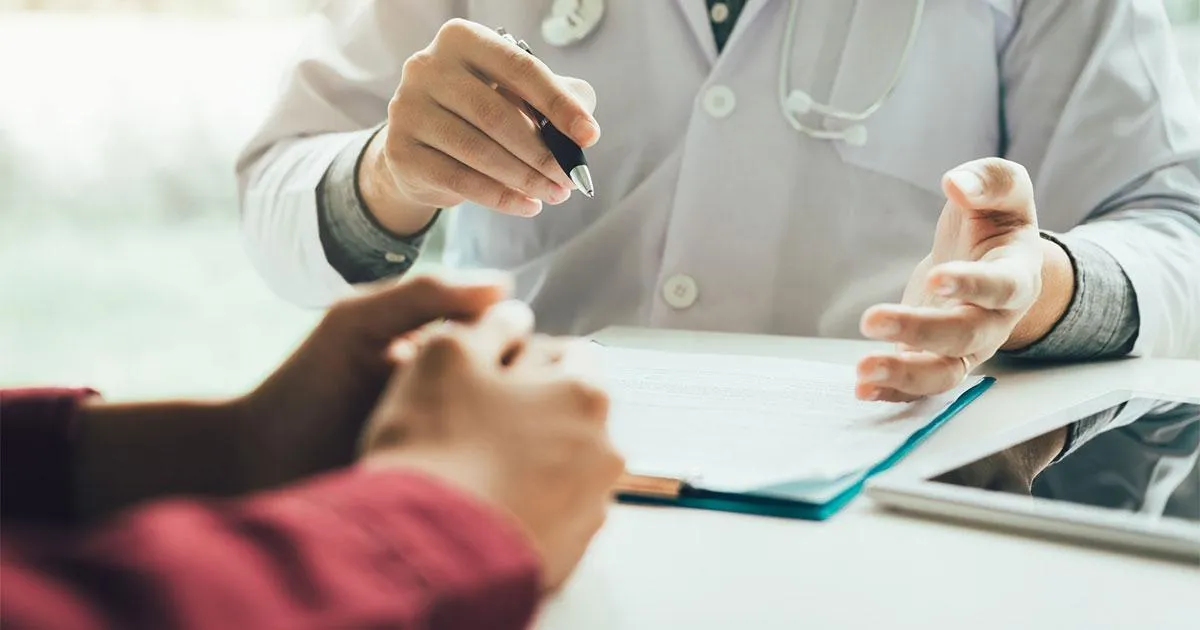
Treating depression often requires a multifaceted approach, combining medication, therapy, lifestyle changes, and sometimes alternative treatments. Here are some of the most effective treatment options for depression:
1. Medications
- Antidepressants: Common classes include SSRIs (e.g., Prozac, Zoloft), SNRIs (e.g., Effexor, Cymbalta), tricyclic antidepressants (e.g., Elavil), and atypical antidepressants (e.g., Wellbutrin).
- Mood Stabilizers: Sometimes used in combination with antidepressants, especially in cases of bipolar depression.
- Antipsychotics: May be added if depression is severe or resistant to other treatments.
2. Psychotherapy
- Cognitive Behavioral Therapy (CBT): Focuses on identifying and changing negative thought patterns and behaviors.
- Interpersonal Therapy (IPT): Addresses problems in personal relationships and social functioning.
- Psychodynamic Therapy: Explores past experiences and emotional conflicts.
- Dialectical Behavior Therapy (DBT): Often used for severe depression or when self-harm is an issue. Group Therapy: Provides support and perspective from others experiencing similar issues.
3. Lifestyle Changes
- Exercise: Regular physical activity can significantly improve mood and overall mental health.
- Diet: A balanced diet rich in fruits, vegetables, whole grains, and lean proteins can impact brain health.
- Sleep: Ensuring adequate and quality sleep is crucial for mental well-being.
- Stress Management: Techniques such as mindfulness, meditation, and yoga can help manage stress.
4. Alternative Treatments
- Electroconvulsive Therapy (ECT): Used for severe depression that hasn't responded to other treatments.
- Transcranial Magnetic Stimulation (TMS): Non-invasive treatment using magnetic fields to stimulate nerve cells in the brain.
- Vagus Nerve Stimulation (VNS): Involves implanting a device that stimulates the vagus nerve to improve mood.
5. Self-Help and Support Groups
- Support Groups: Connecting with others who have similar experiences can provide comfort and advice.
- Self-Help Books and Online Resources: Can offer strategies and coping mechanisms.
6. Holistic and Integrative Therapies
- Acupuncture: Some studies suggest it can help alleviate symptoms of depression.
- Herbal Supplements: St. John's Wort and SAMe are commonly used, but it's important to consult a healthcare provider before use due to potential interactions with other medications.
7. Hospitalization and Intensive Outpatient Programs
For severe depression that poses a risk to the individual or others, inpatient treatment or intensive outpatient programs may be necessary.
Personalized Treatment
It's crucial to work with a healthcare provider to develop a personalized treatment plan. What works for one person might not work for another, and sometimes it takes time to find the right combination of treatments.
Uncover the Truth: Exclusive Depression Video Insights
April 26, 2023
A randomized, double-blind, clinical trial of fecal microbiota transplant for alcohol use disorder (which is the current clinical term for alcoholism).
August 30, 2023
Which of the 50 different yoga styles have been shown to be best?
November 20, 2015
If depression can be induced with pro-inflammatory drugs, might an anti-inflammatory diet be effective in preventing and treating mood disorders?
March 11, 2015
Aerobic exercise interventions found comparable to antidepressant medication in the treatment of patients with major depressive disorder.
Available Help
988 Suicide and Crisis Lifeline We can all help prevent suicide. The 988 Lifeline provides 24/7, free and confidential support for people in distress, prevention and crisis resources for you or your loved ones, and best practices for professionals in the United States.
Find A.A. Near You This website does not contain a meeting finder. Contact one of the A.A. resources below for a meeting list in that location and the surrounding area.
The Online Intergroup of Alcoholics Anonymous, or OIAA, is an International service organization established in accordance with the Ninth Tradition of Alcoholics Anonymous A.A., specifically for the purpose of assisting online.
All of the efforts of Narcotics Anonymous are inspired by the primary purpose of our groups. Upon this common ground we stand committed.
Marijuana Anonymous is a simple program based on one addict helping another.
A simple, supportive approach to mental health care. Find a therapist who fits your needs and takes your insurance.
The United States Department of Veterans Affairs is a Cabinet-level executive branch department of the federal government charged with providing lifelong healthcare services to eligible military veterans at the 170 VA medical centers and outpatient clinics located throughout the country.
NAMI is the National Alliance on Mental Illness, the nation’s largest grassroots mental health organization dedicated to building better lives for the millions of Americans affected by mental illness.
If you or someone you know has a mental illness, is struggling emotionally, or has concerns about their mental health, there are ways to get help.
The Substance Abuse and Mental Health Services Administration (SAMHSA) is the agency within the U.S. Department of Health and Human Services (HHS) that leads public health efforts to advance the behavioral health of the nation and to improve the lives of individuals living with mental and substance use disorders, and their families.
The National Network of Depression Centers (NNDC) develops and fosters connections among members to use the power of our network to advance scientific discovery, and to provide stigma free, evidence-based care to patients with depressive and bipolar illnesses.

